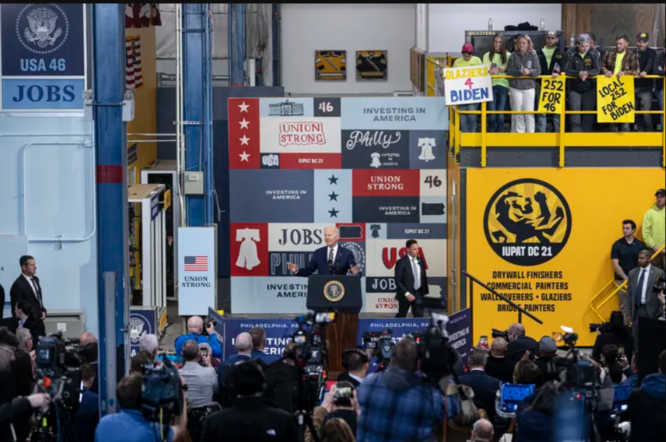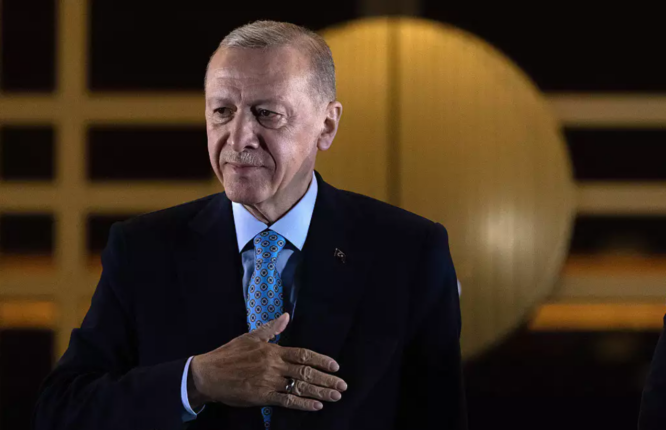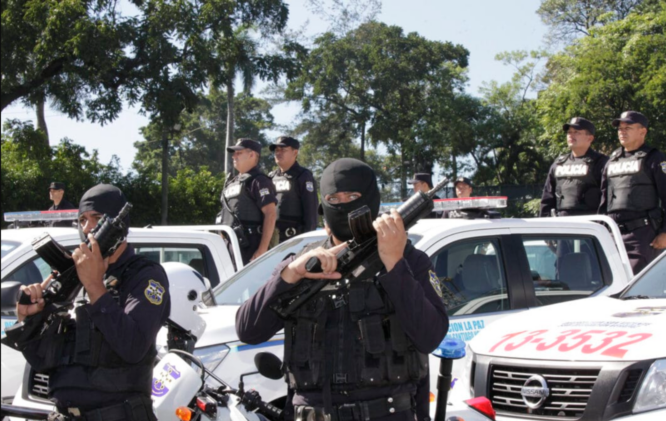Netflix’s new drama “Wave Makers” (2023) follows political employees striving to win a presidential election in the last months. It’s Taiwan’s first political intrigue drama to air abroad.
Wen-fang Weng (Ying-Hsuan Hsieh) is a top Opposition party public relations employee. Her party recognizes her as the LGBTQ candidate that lost a conservative local city council race. Her employer, longtime political operative Chia-ching Chen (Jag Huang), tries to manage parenting and campaigning in the age of fast news and social media.
The presidential election pits incumbent President Sun (Hsueh-Feng Lu), who limits immigration and executes death penalty cases, against Justice Party Chairwoman Lin (Pei-Hsia Lai), who happily posts Instagram videos of Indonesian immigrant neighborhoods but avoids answering questions.
The play explores environmental challenges, energy policy, and workplace sexual harassment, echoing current public discussions in Taiwan.

However, Taiwan-China relations are conspicuously absent.
The elephant.
A Taiwanese politics drama for American audiences is quite discreet. Taiwan is making ripples in US foreign policy. After Russia invaded Ukraine last year and House Speakers Nancy Pelosi and Kevin McCarthy met with (real-life) Taiwanese President Tsai Ing-wen, Washington DC government offices and newsrooms began discussing Taiwan.
Taiwan’s existential dilemma is the Taiwan-China conflict. China wants to absorb Taiwan quietly or violently. Taiwan must decide whether to placate China by ceding sovereignty or seek US help in repelling China. Taiwanese voters have two policy options: the DPP or the KMT.
Taiwan’s China and US policies dominate the presidential election. It dominates domestic politics.
Thus, a Taiwanese political drama would have provided the perfect opportunity for Americans to better understand how the Taiwanese public views this elephant in the room, relate to the perspectives on the Taiwan-China and US-China standoffs, and possibly make better policy decisions. Foreign audiences expecting that will be disappointed. This show will disappoint US-China/US-Taiwan relations specialists.
Political factors explain this. Unfortunately, the Taiwan-China conflict is still too sensitive for a commercial business. Anecdotally, Netflix avoided discussing China to prevent Chinese market backlash (the program is prohibited in China).
“Amid tensions.”
In another way, “Wave Makers” may reflect Taiwanese politics. In “Wave Makers,” international policy does not overwhelm other civic problems. Rival lawmakers may discuss immigration and environmental policies, battle off student demonstrators, and even dig up one other’s scandals without regard to Beijing or Washington. No matter who wins, a strong woman will be president.
American public and officials see Taiwan’s only challenge is China. Understandably, international media cover Taiwan “amid tensions.” This gives foreigners the impression that Taiwan is always panicked and focused on conflict. “Wave Makers” is the right opportunity to reveal the deception.

Taiwanese worry about various issues that affect their everyday life. Taiwan wants to avoid “tensions.” Without those conflicts, Taiwan seems like any other country with all the good, bad, and ugly of every democratic political system—enough to make an intriguing TV series.
Self-governing island.
“Wave Makers” captures Taiwanese political staffers well. Do I serve my nation or my family? Should I be idealistic or compromise for the greater good? To win an election, do I lie?
Any democratic politician has these difficult decisions. Taiwan follows suit. “Wave Makers” doesn’t clearly address Taiwan’s existential crisis—the China issue—but its silence does.
“Wave Makers” reminds the world that Taiwan is not just a “self-governing island,” but a fully functional democratic state with many hard-working people making daily sacrifices to ensure its survival, service, and protection.
Silicon Valley startup capitalist Chieh-Ting Yeh directs US Taiwan Watch, an international think tank on US-Taiwan ties. He co-founded and edits Ketagalan Media and advises the Global Taiwan Institute and National Taiwan Normal University’s International Taiwan Studies Center.




